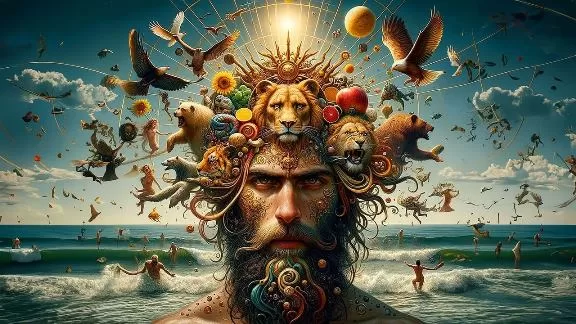Article: Veiling and Unveiling in Jewish-Spiritual Psychotherapy
How does a psychotherapist with a spiritual-Jewish outlook treat people with a different spiritual outlook (and Jewish identity) from his own? Will the differences of worldview interfere with the therapy? This study presents the unique dialectic used by Israeli-Jewish psychotherapists who integrate spirituality in therapy - between veiling and unveiling their view and their therapeutic approach. The study presents the ways of integrating spirituality in clinical practice, their caution in revealing therapeutic spiritual tools, as well as the therapists' universalistic and inclusive approach.










